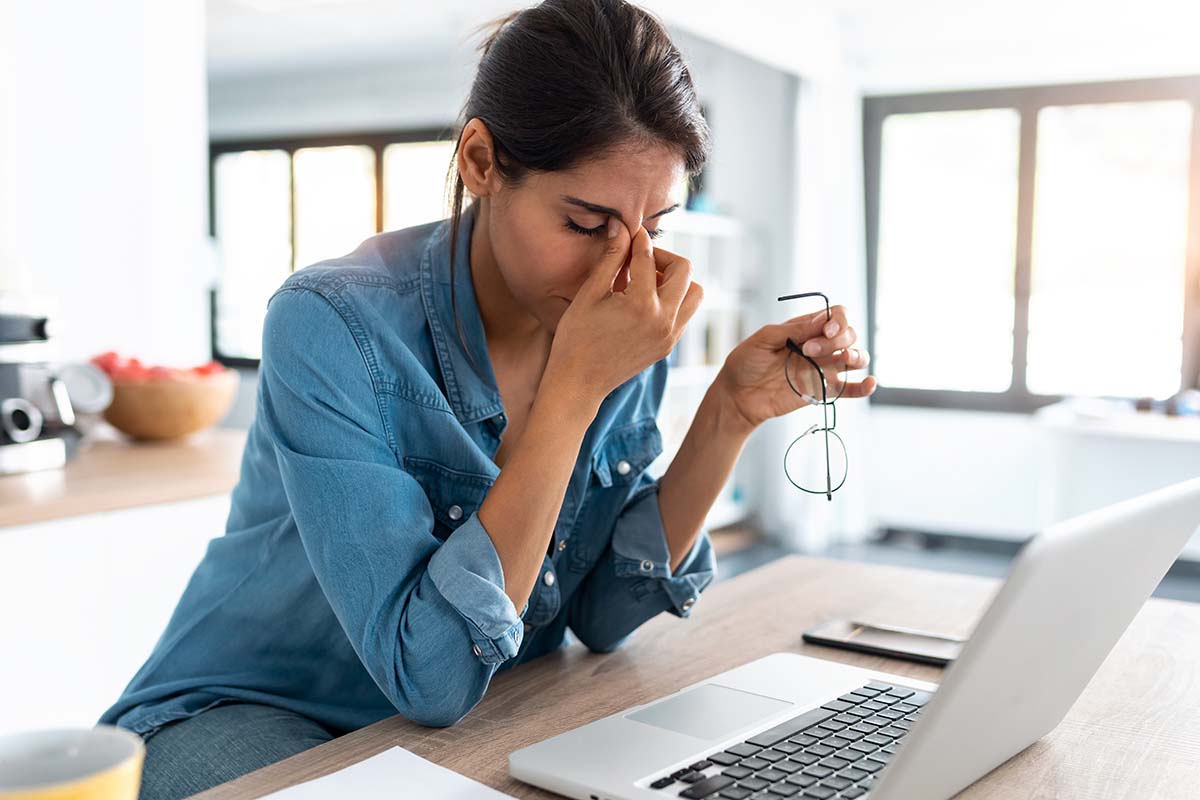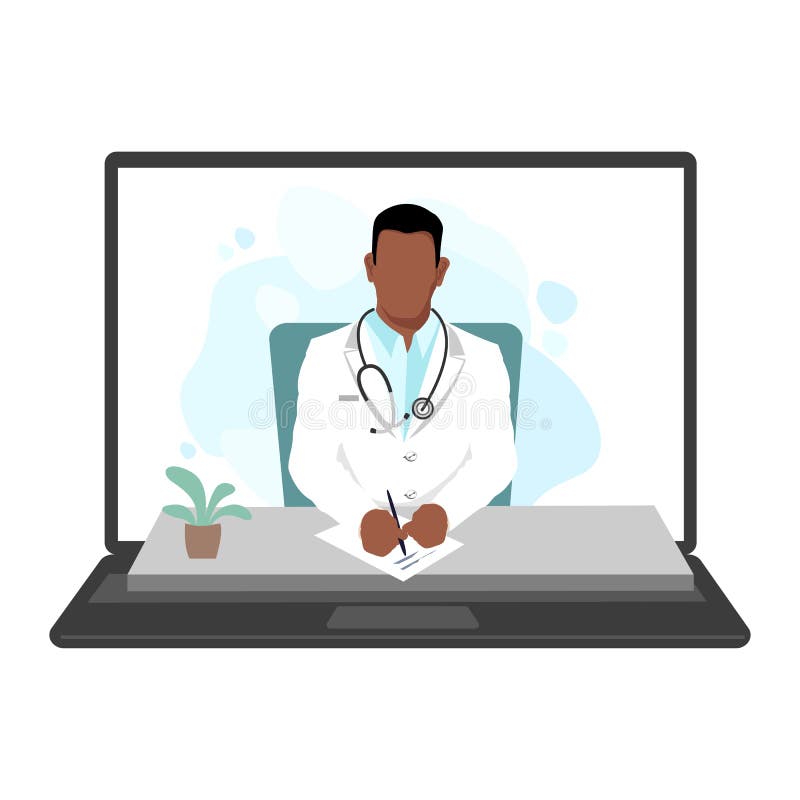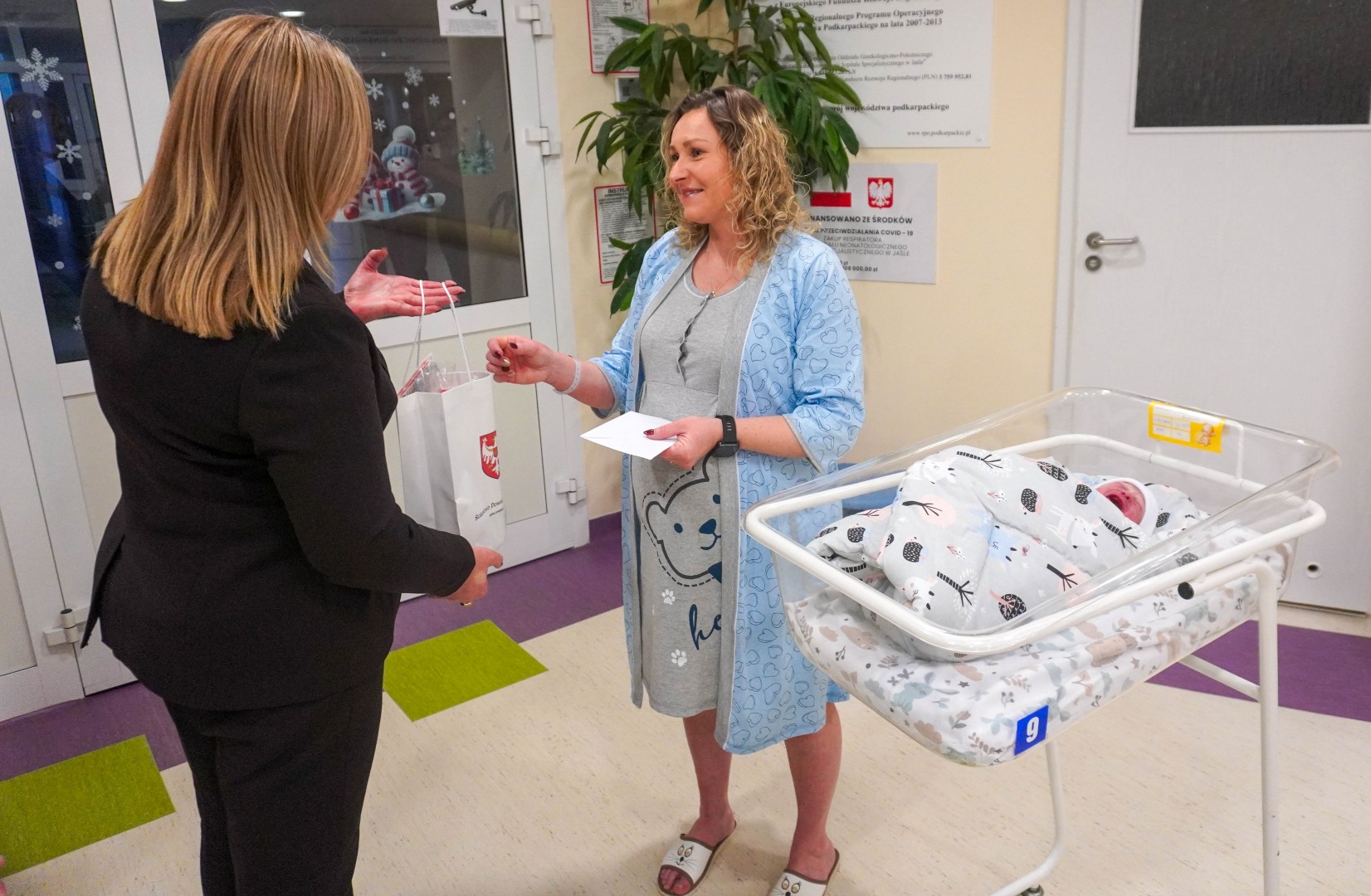
Snoring
Laugh and the world laughs with you, snore and you sleep alone.
Anthony Burgess
Occasional snoring is considered normal. It may of course disrupt sleep of the person we are sharing our bed with but it is otherwise harmless. Snoring is basically loud breathing during sleep. It occurs more often in men and obese people. The problem tends to worsen with age. There are over 1 billion sufferers in the world. Probably the number is much bigger as not all people are properly diagnosed.
In cases of minor snoring it is worth trying some home remedies. This includes losing weight, avoiding alcohol and abandoning smoking. Sleeping on the side and changing the pillows to firm ones may also be a good idea. Large meals before bedtime should also be avoided. Some herbal remedies and melatonin may also be of help.
But snoring may also be a medical issue that requires professional medical help. It can be a symptom of a health problem called obstructive sleep apnea in which breathing repeatedly stops and starts. It is a potentially serious disorder which can lead to heart problems and other complications. Apart from loud snoring, symptoms may include waking up with a dry mouth, morning headache, gasping for air during sleep, perspiration, frequent urination at night and hypersomnia during the day. The patient should consult a specialist and receive treatment. In some cases, a breathing device, such as a continuous positive airway pressure (CPAP) machine is required. In order to evaluate the problem and determine which solution is best, overnight monitoring of your breathing and other body functions during sleep at a sleep centre may be necessary. Home sleep testing also might be an option. The patient may also be referred to an ear, nose and throat specialist to rule out a blockage in the nose or throat, as well as, a cardiologist and a neurologist.
There are various CPAP machines on the market and some of them are refunded by the state. CPAP used in the treatment of sleep apnea vary in price. There are fixed-pressure CPAP machines, automatic Auto CPAP and dual-pressure Bipap machines. Brands include Resmed, Fisher&Paykel, Lowenstein and Yuwell. All CPAP therapy devices are eligible for reimbursement from the National Health Fund. The reimbursement amounts to PLN 1890.
Snoring takes place when the flow of air through the mouth and nose is blocked. This may be due to a sinus infection or a symptom of allergy. Being overweight may also cause it, as well as, large tonsils and adenoids in case of children. The pillow you sleep on (too soft) or sleeping position (on your back) can also enhance the problem. Alcohol and drug use can also cause the throat muscles and the tongue to relax too much. Sleep deprivation may also cause snoring.
SŁOWNICZEK
adenoid – trzeci migdał
apnea – bezdech
(to) avoid – unikać
bilion – miliard
deprivation – pozbawienie
device – urządzenie
disorder – zaburzenia
(to) disrupt – przerwać, zaburzyć
ear, nose and throat specialist – laryngolog
eligible – spełniający niezbędne warunki
(to) enhance – zwiększyć, wzmocnić
firm – twarde
frequent – częste
(to) gasp (for air) – z trudem łapać oddech
harmless – nieszkodliwy
issue – kwestia, problem
minor – niewielki, pomniejszy
obese – otyły
(to) occur – występować
overweight – z nadwagą
perspiration – pocenie
reimbursement – zwrot
repeatedly – ciągle, wielokrotnie
sufferer – osoba cierpiąca na coś
tonsils – migdały
(to) vary – różnić się
(to) worsen – pogarszać się
WYKAZ ZIÓŁ NA SEN
hops (Humulus lupulus) – chmiel zwyczajny
John’s Wort (Hypericum perforatum) – dziurawiec
lemon balm (Melissa officinalis) – melisa
German chamomile (Matricaria recutita) – rumianek niemiecki
valerian (Valerian officinalis) – waleriana
passion flower (Passiflora incarnata) – ziele męczennicy
ginseng (panax) – żeń-szeń
WYRAŻENIA ZE SŁOWEM “SLEEP”
Sleep is the best medicine – Sen to najlepsze lekarstwo.
Sleep like a log – Spać jak suseł.
To get a good night’s sleep – Dobrze się wyspać.
Sleep like a baby – Spać jak niemowlę.
To lose sleep over something – Spędzać sen z powiek.
Let sleeping dogs lie – Nie wywołuj wilka z lasu.
Sleep tight! – Śpij dobrze!
I didn’t get a wink of sleep – Nie zmrużyłem oka.
I could do it in my sleep – Mógłbym to robić z zamkniętymi oczami.
SLANG:
A snore is a person or thing that is dull and boring.
ROZMÓWKI
Farmaceuta:
Hello, how can I help you? – Dzień dobry, w czym mogę pomóc?
Are you next? I speak English – Czy pan/pani jest następny/następna w kolejce? Mówię po angielsku.
Do you speak English? Can I help? – Czy mówi pan/pani po angielsku? Czy mogę pomóc?
Pacjent: I seem to have a runny nose and a cold – Mam katar i jestem przeziębiony.
Could I also have a… (tu pada nazwa) please – Czy mógłbym/mogłabym także prosić o…
Farmaceuta: This should help (tu podać preparat) – To powinno pomóc.
These drops should help – Te krople powinny pomóc.
Apply two drops in each nostril – Niech pan/pani zaaplikuje dwie krople do każdego nozdrza.
Do you have high temperature? – Czy ma pan/pani wysoką temperaturę?
Pacjent: Can you recommend something for sore throat/muscle pain? – Czy ma pan/pani coś polecić na ból gardła/bóle mięśniowe?
Farmaceuta: Rinse your throat twice a day – Niech pan/pani płucze gardło dwa razy dziennie.
Take this cough mixture – Proszę zażywać ten syrop.
Please drink one teaspoon three times a day – Proszę pić jedną łyżeczkę trzy razy dziennie.
These tablets/This ointment should help – Te tabletki/ta maść powinny/powinna pomóc.
This is for external use only – To jest tylko do użytku zewnętrznego.
Please take one/two tablets a day/per day – Proszę brać jedną/dwie tabletki dziennie.
This should not be taken longer than five days – Tego nie należy zażywać dłużej niż pięć dni.
If the symptoms persist, please consult your doctor – jeżeli objawy się utrzymają, proszę skonsultować to z lekarzem.
Please put fifteen drops into a glass of water and drink – Proszę dodać piętnaście kropli do szklanki wody i wypić.
Pacjent: Can you give me something for my headache please – Poproszę coś na ból głowy.
I would like… – Chciałbym/chciałabym…
I need… – Potrzebuję…
Have you got… (nazwa leku preparatu) – Czy macie…?
Do you sell… – Czy sprzedajecie…?
Farmaceuta: I am afraid this is a prescription drug – Obawiam się, iż to jest lek sprzedawany jedynie na receptę.
UWAGA! Język angielski jest o wiele grzeczniejszy i jeżeli mamy przekazać jakąkolwiek negatywną informację, warto ją „zmiękczyć”, używając formy I am afraid/I’m afraid czyli „przykro mi”.
Farmaceuta: But I can offer you this – Ale mogę panu/pani zaproponować to.
Pacjent: Do I need a prescription for this? – Czy muszę mieć receptę na to?
Farmaceuta: No, this is an OTC drug – Nie to jest lekarstwo sprzedawane bez recepty.
UWAGA! Skrót OTC pochodzi od over the counter.
Farmaceuta: You need to ask your doctor for a prescription – Musi pan/pani poprosić swojego lekarza o receptę.
Pacjent: The doctor gave me this prescription – Lekarz przepisał mi tę receptę.
Farmaceuta: Let me see – Poproszę (w domyśle receptę).
Pacjent: Here is the prescription – Proszę, oto recepta.
Farmaceuta: Do you have your prescription code number? – Czy ma pan/pani kod recepty?
Prescription code number please? – Proszę kod recepty.
I think we have it. Let me get that for you – Myślę, iż to mamy. Zaraz panu/pani przyniosę.
Pacjent: I feel a bit under the weather – Nie czuję się najlepiej.
Can you give me something for a stuffed nose? – Czy mogę prosić o coś na zatkany nos?
Farmaceuta: How old is the patient – W jakim wieku jest pacjent?
Please keep this medicine out of reach of children – Proszę trzymać poza zasięgiem dzieci.
Keep this in the fridge – Niech pan/pani trzyma to w lodówce.
Take this with your meals – Niech pan/pani bierze to wraz z posiłkiem.
This should not be given to children under the age of three – Tego nie należy podawać dzieciom do lat trzech.
Make sure you swallow this before eating – Proszę to połknąć przed jedzeniem.
Pacjent: Should I take these tablets before or after a meal? – Czy powinienem/powinnam brać te tabletki przed posiłkiem czy po posiłku?
Farmaceuta: If the symptoms do not ease please consult a doctor – jeżeli objawy nie ustąpią, proszę skonsultować to z lekarzem.
It would be better to consult a specialist – Byłoby lepiej skonsultować to ze specjalistą.
Please take this preparation twice a day – Proszę brać ten preparat dwa razy dziennie.
Please take one tablet before you go to sleep – Proszę zażyć jedną przed pójściem spać.
UWAGA! Po angielsku nie mówimy bezosobowo, np. „Brać jedną tabletkę przed snem”.
Farmaceuta: Our pharmacy is open 24 hours – Nasza apteka jest czynna 24 godziny na dobę.
You may also order online and collect the products in our pharmacy – Może pan/pani także zamawiać online i odebrać produkty w naszej aptece.
Do you need anything else? – Czy potrzeba coś jeszcze?
Would you like to try one of our herbal remedies? – Czy chciałby pan/pani wypróbować jeden z naszych ziołowych leków?
Raspberries are very good for (i tu wymienić co) – Maliny pomagają na…
Pardon? Could you repeat this please? – Przepraszam nie dosłyszałem/am. Czy mógłby pan/pani powtórzyć?
Here you are – Proszę (gdy podajemy coś).
UWAGA! Po angielsku słowa please używamy jedynie w zdaniu, a gdy podajemy coś komuś, to używamy Here you are i tylko wtedy.
Pacjent: How much do I owe you? – Ile jestem winien?
Farmaceuta: This comes to 85 zloty – Razem to będzie 85 złotych.
Pacjent: Can I pay with my card? – Czy mogę zapłacić kartą?
Farmaceuta: Naturally/of course – Naturalnie/oczywiście.
Get well soon – Życzę zdrowia.
Thank you. Goodbye – Dziękuję. Do widzenia.


















